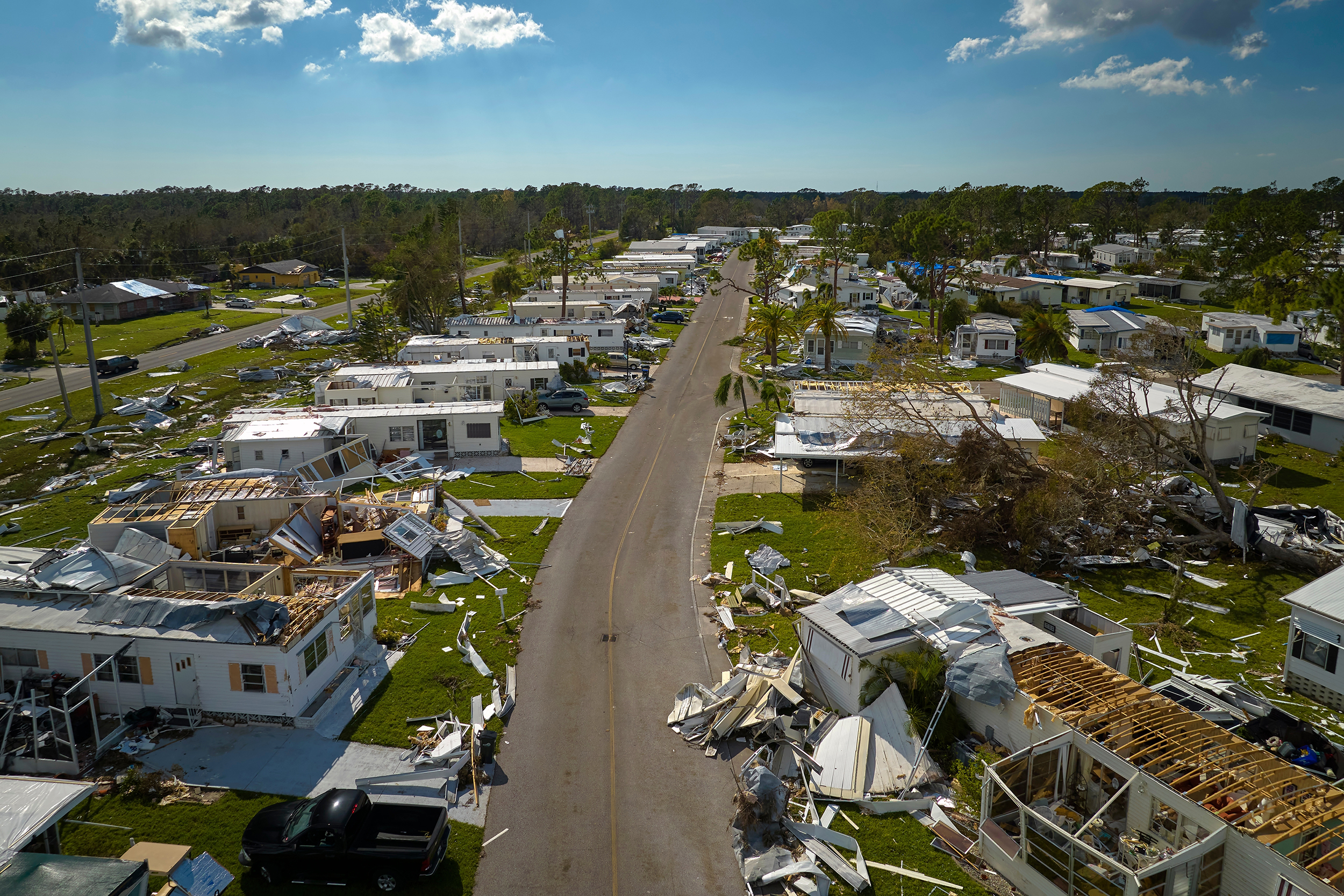[vc_row][vc_column][vc_column_text]
Tax Returns & Estimated Taxes Now Due July 15
Due to the coronavirus pandemic, the federal income tax filing due date is automatically extended from April 15, 2020, to July 15, 2020. Taxpayers can also defer federal income tax payments due on April 15, 2020, to July 15, 2020, without penalties and interest, regardless of the amount owed. In addition, the payment and return-filing requirements for gift and generation-skipping transfer taxes due April 15 are now due July 15, matching postponements granted to federal income taxes and returns.
Many states have also extended their tax deadlines and payments for a number of taxes in response to COVID-19. Please call for additional information.
Who is Affected?
This deferment applies to all taxpayers, including individuals, trusts and estates, corporations and other non-corporate tax filers as well as those who pay self-employment tax.
No Need to File an Extension
Taxpayers do not need to file any additional forms or call the IRS to qualify for this automatic federal tax filing and payment relief.
Individual taxpayers who need additional time to file beyond the July 15 deadline, should file Form 4868, Application for Automatic Extension of Time To File U.S. Individual Income Tax Return. Businesses who need additional time must file Form 7004, Application for Automatic Extension of Time To File Certain Business Income Tax, Information, and Other Returns. Don’t hesitate to call if you have questions or need assistance.
File Now for a Refund
Even though the filing deadline has been extended there is no need to wait to file your tax return especially if you are due a refund. Filing electronically using direct deposit is the fastest way to get a refund and most tax refunds are still being issued within 21 days.
The Stafford Act
These extended deadlines are the result of the President’s emergency declaration last week and made possible by the Stafford Act. The Stafford Act, which was enacted in 1988, is a federal law designed to bring an orderly and systematic means of federal natural disaster and emergency assistance for state and local governments in carrying out their responsibilities to aid citizens.[/vc_column_text][vc_btn title=”Year End Tax Planning For Individuals” link=”url:https%3A%2F%2Fwww.wesselcpa.com%2Fwp-content%2Fuploads%2F2020%2F11%2F2020_TAX_2020-Year-End-Tax-Planning-for-Individuals_Wessel.pdf”][vc_btn title=”Year End Tax Planning For Businesses” link=”url:https%3A%2F%2Fwww.wesselcpa.com%2Fwp-content%2Fuploads%2F2020%2F11%2F2020_TAX_Tax-Relief-Strategies-For-Resilience-Year-End-Planning-Businesses_Wessel.pdf”][/vc_column][/vc_row]





